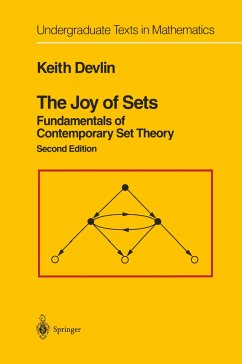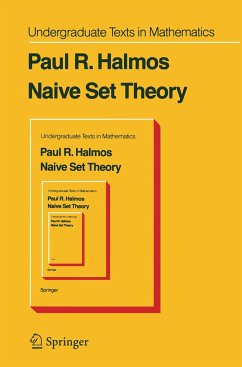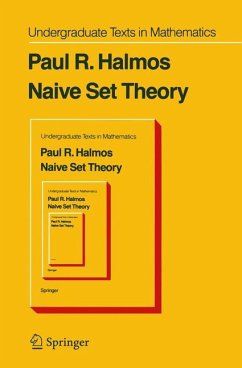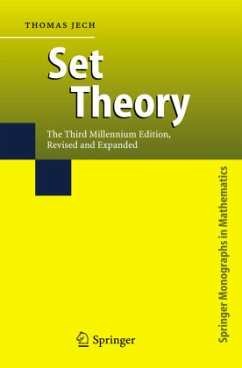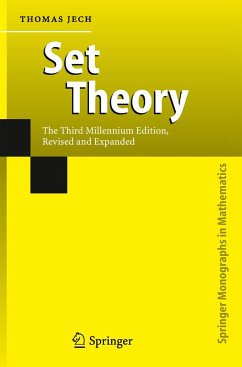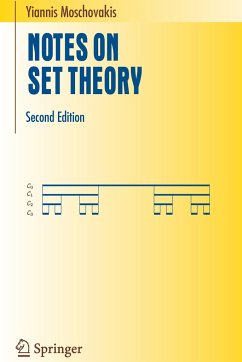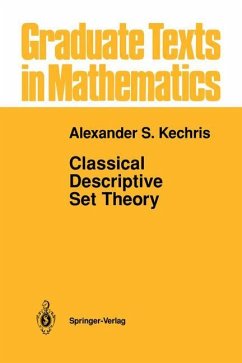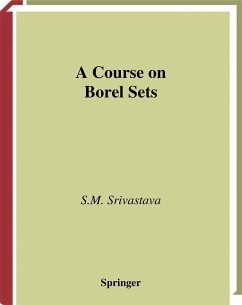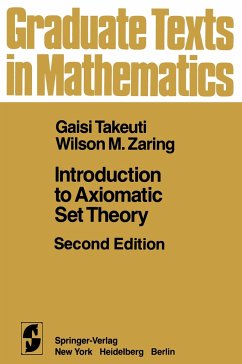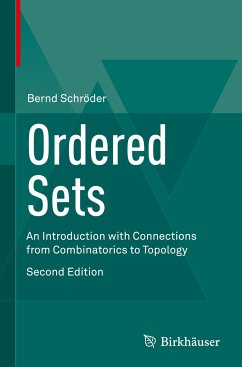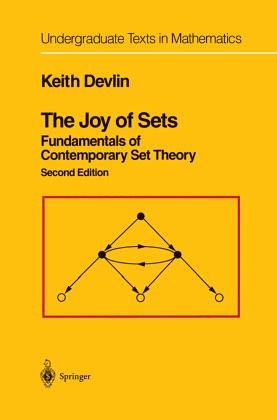
The Joy of Sets
Fundamentals of Contemporary Set Theory
Versandkostenfrei!
Versandfertig in 1-2 Wochen
42,99 €
inkl. MwSt.
Weitere Ausgaben:

PAYBACK Punkte
21 °P sammeln!
This book provides an account of those parts of contemporary set theory of direct relevance to other areas of pure mathematics. The intended reader is either an advanced-level mathematics undergraduate, a beginning graduate student in mathematics, or an accomplished mathematician who desires or needs some familiarity with modern set theory. The book is written in a fairly easy-going style, with minimal formalism. In Chapter 1, the basic principles of set theory are developed in a 'naive' manner. Here the notions of 'set', 'union', 'intersection', 'power set', 'rela tion', 'function', etc., are...
This book provides an account of those parts of contemporary set theory of direct relevance to other areas of pure mathematics. The intended reader is either an advanced-level mathematics undergraduate, a beginning graduate student in mathematics, or an accomplished mathematician who desires or needs some familiarity with modern set theory. The book is written in a fairly easy-going style, with minimal formalism. In Chapter 1, the basic principles of set theory are developed in a 'naive' manner. Here the notions of 'set', 'union', 'intersection', 'power set', 'rela tion', 'function', etc., are defined and discussed. One assumption in writing Chapter 1 has been that, whereas the reader may have met all of these 1 concepts before and be familiar with their usage, she may not have con sidered the various notions as forming part of the continuous development of a pure subject (namely, set theory). Consequently, the presentation is at the same time rigorous and fast.



